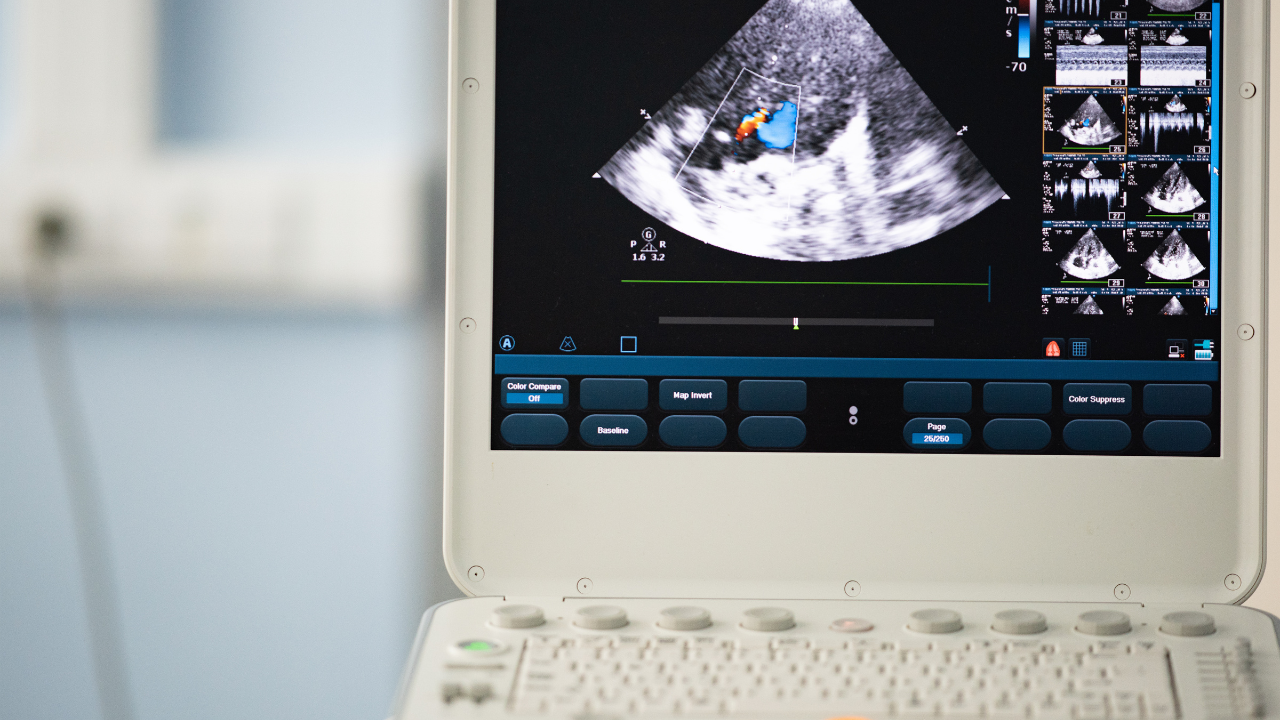FDA Advisory Committee Endorses Abbott's TriClip System
Device designed to address tricuspid regurgitation through a vein in the leg.

Abbott has announced that an FDA advisory committee officially voted in favor of its TriClip System, designed to address tricuspid regurgitation (TR). Abbott describes TR as a condition in which the heart's tricuspid valve fails to close properly, leading to backward blood flow. According to a company press release, the committee voted 13 to 1 in favor of the device's benefits outweighing its risks, which led to the committee's positive recommendation—mainly due to positive evidence from the TRILUMINATE trial. Abbott stated that with this endorsement, patients who are ineligible for surgery will now be given better opportunities for significant advancement by repairing the valve and ensuring correct blood flow direction.1
"Tricuspid regurgitation can put added strain on the heart and lead to other cardiovascular issues, which can significantly worsen a person's quality of life, but historically there have been few treatment options," said Lars Søndergaard, MD, chief medical officer, divisional VP, medical affairs, Abbott's structural heart business, in the aforementioned press release. "Abbott recognized the unmet need for people with this condition and explored the use of our proven clip-based technology to find a truly life-changing intervention. TriClip offers an urgently needed alternative that is safe and effective for people who require tricuspid valve repair but are not able to withstand surgery."
Earlier this month, Edwards Lifesciences announced the FDA approval of a valve replacement system. Named Evoque, it is reportedly the first transcatheter therapy to receive FDA approval for the treatment of TR for those deemed appropriate to receive tricuspid valve replacement.2
“Patients suffering with tricuspid regurgitation endure life-impairing symptoms and, until today, had no approved transcatheter treatment options,” said TRISCEND II study principal investigator Susheel Kodali, MD, director, Structural Heart and Valve Center, Columbia University Irving Medical Center/New York-Presbyterian Hospital, in a press release. “The Evoque system is able to replace the native tricuspid valve, virtually eliminating tricuspid regurgitation in a wide range of patients. We see significant improvements in patients’ symptoms and quality-of-life, including not feeling short of breath and being able to care for themselves, which ranked highest on a patient preference survey conducted at baseline with TRISCEND II pivotal trial patients.”
According to Abbott, the device—already been approved in over 50 countries and used in treating more than 10,000 people with TR—is still under review in the United States, with FDA approval anticipated in 2024.1
References
1. FDA ADVISORY COMMITTEE VOTES IN FAVOR OF ABBOTT'S FIRST-OF-ITS-KIND TRICLIP™ SYSTEM TO TREAT PEOPLE WITH A LEAKY TRICUSPID HEART VALVE. Abbott. February 13, 2024. Accessed February 14, 2024. https://abbott.mediaroom.com/2024-02-13-FDA-Advisory-Committee-Votes-in-Favor-of-Abbotts-First-of-Its-Kind-TriClip-TM-System-to-Treat-People-With-a-Leaky-Tricuspid-Heart-Valve
2. Edwards’ EVOQUE Valve Replacement System First Transcatheter Therapy to Earn FDA Approval for Tricuspid Valve. Edwards Lifesciences. February 2, 2024. Accessed February 14, 2024. https://www.edwards.com/newsroom/news/2024-02-02-edwards--evoque-valve-replacement-system-first-tra